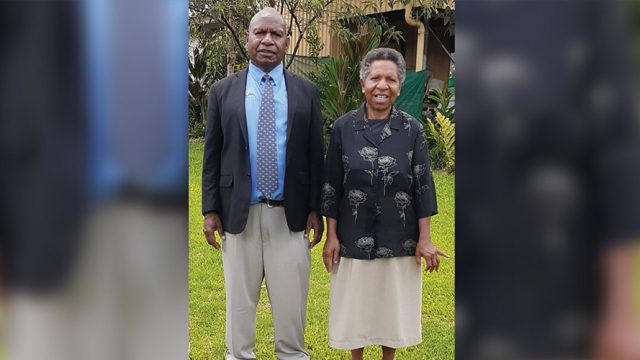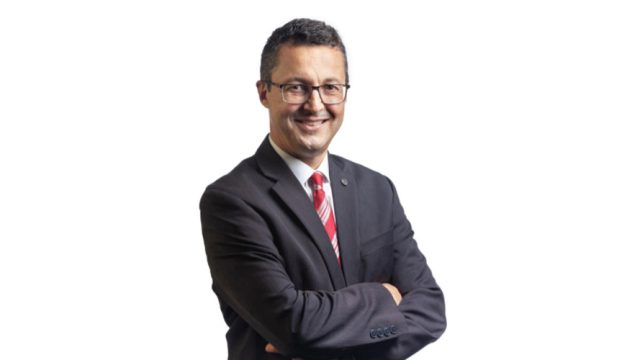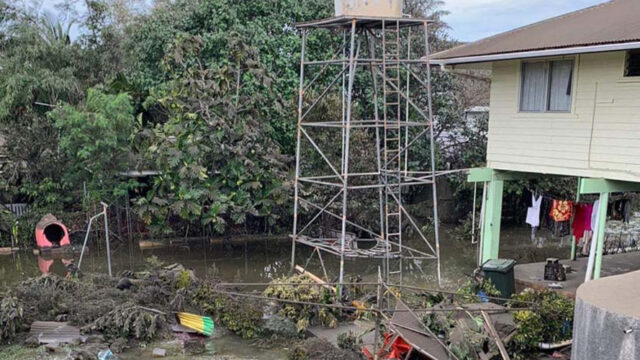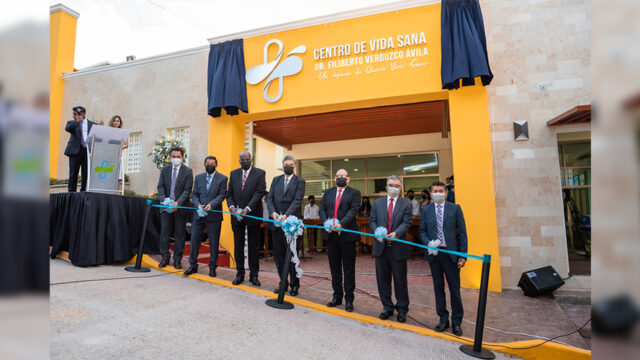The bill passed in November 2018 was awaiting the presidential signature.

In one of the first actions of his new administration, Brazil’s new president, Jair Bolsonaro, signed Bill 2,171/2003 on January 3, 2019. The bill, which will be included in the Official Gazette January 4 edition, deals with the administration of exams and class attendance of students who are unable to attend on religious and freedom-of-conscience grounds. Bolsonaro was sworn in as Brazil’s 38th president on January 1, 2019.
The piece of legislation, drafted by the Senate, received “conclusive approval” on November 27, 2018, and was awaiting the president’s signature. Now that the president has signed it, it is expected the bill will be included as Article 7-A in the National Education Guidelines and Bases Law.
What It Entails
Religious liberty leaders in South America said that in practice, Sabbath-keeping students attending public or private schools now have a legal instrument which guarantees that their freedom of conscience and religious beliefs are taken into account. “The text provides for the right of students at any level — except in military education — to skip exams or classes on their day of worship when their faith objects to such activities,” they explained.
The Constitution, Justice, and Citizenship Committee (CCJ), which discussed the bill, included alternatives that schools granting exceptions may resort to. Among the options they mentioned are replacement exams or classes and the offer of alternate dates to fulfill class requirements. They also listed replacement research projects, with topic, objectives, and deadlines defined by each educational institution.
A Victory for Religious Freedom
Erton Köhler, president of the Adventist Church in South America, said this new development is an occasion for people observing religious days to be thankful. “I think this is a miracle,” he said. “Moving forward, we will have greater freedom to be faithful to our convictions. We don’t feel this is a tool to fight, but rather that our just cause — in our case regarding Sabbath-keeping — has been acknowledged.”
South American Division Public Affairs and Religious Liberty (PARL) director Helio Carnassale said the approval was a major victory for religious freedom, especially for the thousands of students who observe religious days. He also paid tribute to those who helped to reach this outcome. “Many have contributed through the years, including representatives and church leaders,” he said as he mentioned some of them by name.
Church leaders explained that it is difficult to determine how many students will benefit from this new piece of legislation. There is, however, a revealing figure associated with the bill.
“The last survey by the Ministry of Education found out that around 100,000 Sabbath-keeping students took the National High School Examination in Brazil,” they said.
This report is based on a story posted on the South American Division news website.








